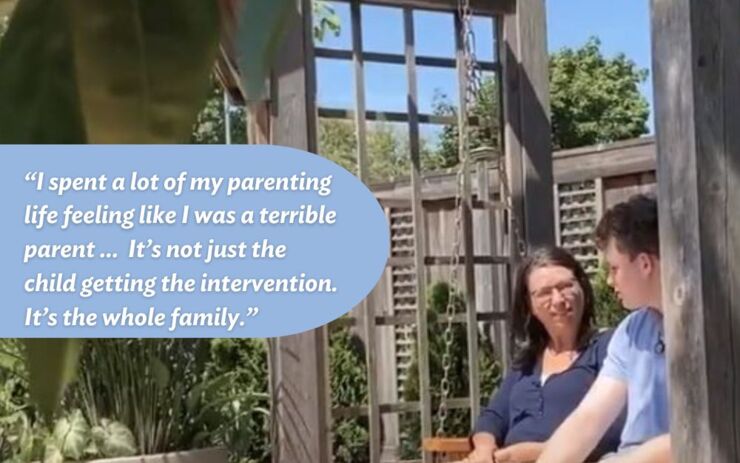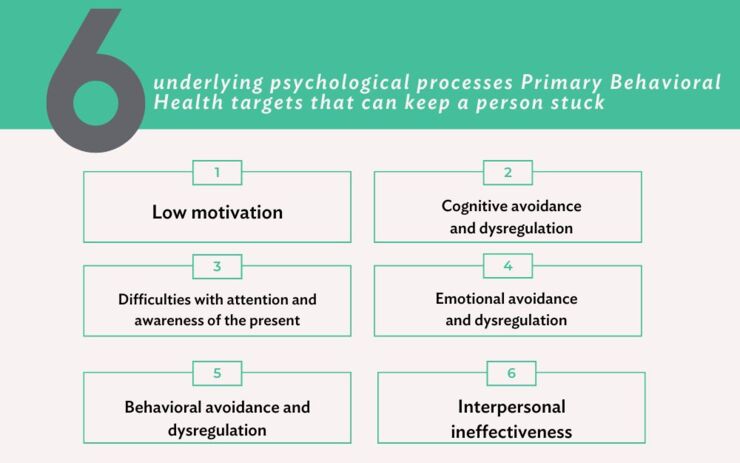PTSD Awareness: When Acute Stress Disorder Becomes More
Posted on 06/11/13 12:04:pmWhen a traumatic event occurs in someone’s life, it is expected for them to react with acute stress or even shock. It’s when the acute stress symptoms persist that it may be more than a healthy reaction. An acute stress reaction is a psychological response one goes through after experiencing some sort of trauma; it is the minds way of coping with feelings of intense helplessness. This becomes “Acute Stress Disorder,” if the reaction persists for over two days, but diminishes after about a month. Initially, the victim will experience confusion and a state of disorientation with an inability to comprehend what is going on around them. This is followed by either complete withdrawal from the situation or agitated, anxious responses and depression. The reaction begins within minutes of the event and typically disappears within hours to 2-3 days. If not, this is when acute stress becomes a disorder.
Those with acute stress disorder suffer the symptoms of an acute stress reaction repeatedly for up to a month following the traumatizing event. They will continue to re-experience the event through flashbacks, dreams or thoughts. They will also avoid any stimulus that reminds them of the event. Other symptoms that occur are depression, anger, and anxiety. There must be clear connections between the event and the onset of the symptoms to be considered acute stress disorder. As previously mentioned, it is when this disorder continues for more than a month that there may be a mental illness diagnosis such as Post-traumatic stress disorder (PTSD).
With PTSD, these symptoms recur longer than one month, causing impairment in every day functioning. There are three criteria related to the symptoms of PTSD:
- Reacting to a traumatic event with feelings of intense fear, helplessness or horror.
- Re-experiencing of the event, similar to acute stress disorder. However, PTSD is much more pervasive than an acute stress reaction.
- Conscious attempts to avoid stimulus reminding them of the event.
Many diagnosed with PTSD will also have a general decrease in emotional responsiveness. These symptoms may not show immediately after the event occurs; PTSD can take months to set in. If any of these symptoms were apparent before the event, the diagnosis cannot be PTSD.
PTSD can be treated with medications as well as psychotherapy, although not every mental health provider is trained or experienced to provide PTSD treatment. Therefore, it is vital to seek out help from a specialized provider. Rogers offers a variety PTSD treatment including Cognitive Behavioral Therapy and Exposure Ritual Prevention. ERP is an exposure to stimulus followed by a reconditioning of the response. The best way to recover is to seek help and proper PTSD treatment.
Take the step: raise PTSD awareness(link is external). If you or a loved one may benefit from PTSD treatment, call 800-767-4411 for a free screening. You can also request a free screening for treatment at http://rogershospital.org/screening-request.
Topics
Share this article:



